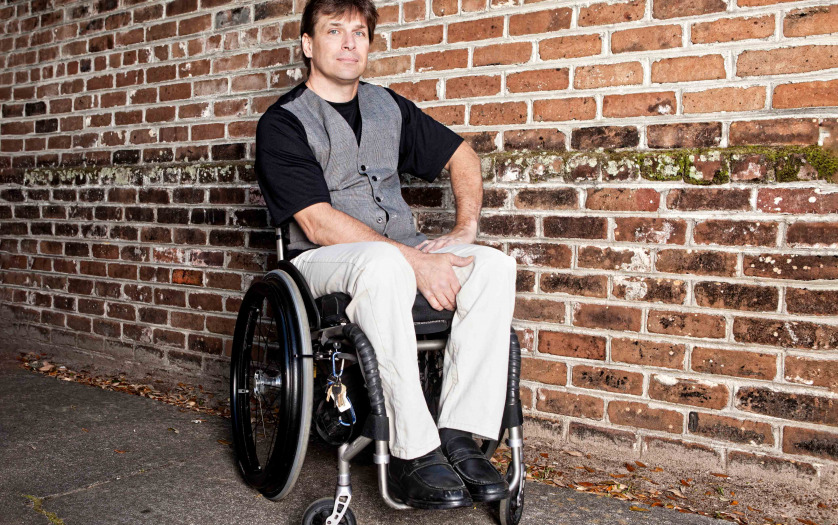
Dorcas Guillermo beamed with pride as she recalled her involvement in the citizens’ initiative that resulted in the landmark 2012 law protecting the rights of people with disabilities in Peru.
However, she and other disability advocates are worried that this triumph is in jeopardy due to proposed new legislation.
“They want to overturn the law and I feel it as a political machination (that) ignores the decision and opinion of disabled people and their families,” she told Peru media.
Dorcas, 50, is afraid that she and other Peruvians with disabilities will lose their valuable rights if Congress passes the bill meant to replace the 2012 legislation, known as Law 29973.
Critics of the bill are concerned that it was drafted without input from people with disabilities, violating the United Nations Convention on the Rights of Persons with Disabilities, which Peru ratified in 2007.
“I hope Congress returns this text to the committee so there can be a genuine consultation with disabled people,” said Human Rights Watch (HRW) senior researcher Carlos Rios Espinosa.
Last October, HRW sent a letter to the then-chair of the relevant congressional committee, Mirtha Esther Vasquez, reminding her of the requirement for consultation, but they did not hear back from her and their request was disregarded.
Silvia Carrasco, co-founder of the Center for Empowerment of People with Disabilities and mother of two children with disabilities, said the final draft of the bill was published only three days before the committee approved it, making it impossible to review and offer feedback on the 200+ page document.
The bill implies “significant regression in various areas,” HRW’s Rios Espinosa said.
For example, in a move away from current policy, the bill proposes to base scholarship eligibility for students with disabilities on the severity of the disability.
Students deemed to have only “light” disabilities would be ineligible. Such a “purely medical” categorization is not harmonious with the UN Convention, Rios Espinosa said, because “capability is a relational concept,” adding, “If we’re going to have to determine who would be eligible, we must do a psycho-social evaluation.”
Another major criticism of the bill is that it would take away the legal independence of Peruvians with mental health disabilities.
With Law 29973, Peru has some of the most progressive legislation in the world, demanding prior consent from the person for any kind of mental health therapy.
Rios Espinosa pointed out, “But now the new text foresees that a person can be hospitalized involuntarily for reasons of therapeutic necessity and this has been pointed out as a measure that violates the rights of disabled people.”
People with disabilities and their advocates contend that instead of replacing Law 29973, Congress should actually improve it, mainly in its enforcement.








